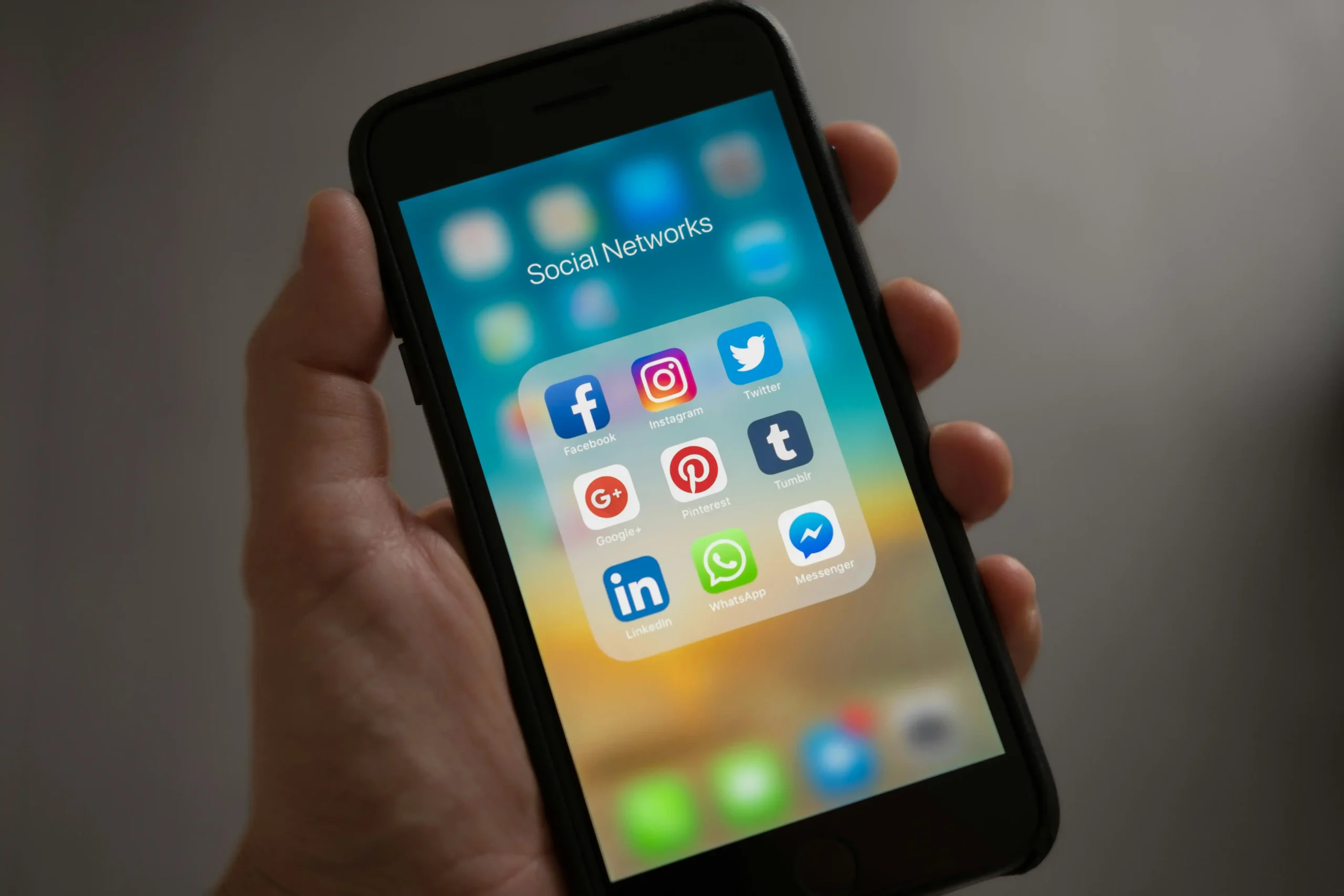In an era dominated by digital connectivity, social media platforms have seamlessly woven themselves into the fabric of everyday life. From scrolling through feeds to compulsively checking notifications, the allure of social media can quickly escalate into a full-blown addiction.
The incessant need for validation, the fear of missing out (FOMO), and the dopamine-driven reward cycle can trap individuals in a cycle of dependency. However, reclaiming control over one’s digital habits and nurturing mental wellness is not only possible but imperative in today’s hyperconnected world.
In this article, we’ll discuss practical strategies and insights for overcoming social media addiction and fostering a healthier relationship with digital platforms.
Recognizing the Signs of Social Media Addiction
According to AddictionHelp.com, social media addiction often begins subtly, with individuals gradually increasing their time spent on platforms. The constant need to check social media, especially when it’s inappropriate—like during meals or while driving—is one prevalent indicator.
Additionally, feelings of anxiety or distress when unable to access social media can indicate addiction. This highlights a reliance on digital validation for emotional well-being.
Moreover, neglecting real-life responsibilities, such as work or relationships, in favor of prolonged social media use is another red flag. It is essential for people to recognize these indicators in order to take proactive measures to take back control of their mental health.
Establishing Digital Boundaries
Creating boundaries around social media usage is essential for mitigating the risk of addiction and regaining autonomy over digital consumption habits. One effective strategy is to designate specific times of the day for engaging with social media and setting strict limits on overall screen time.
Implementing tech-free zones in the home, such as bedrooms or dining areas, helps create physical boundaries that encourage offline activities and interpersonal connections.
Moreover, utilizing productivity apps or features that track screen time can provide insights into usage patterns and facilitate accountability in adhering to boundaries. By establishing clear limits and boundaries, individuals can cultivate a healthier relationship with social media while prioritizing activities that contribute to their overall well-being.
Seeking Legal Recourse
In recent years, there has been a surge in legal action against social media platforms. The lawsuits highlight the fact that social media seriously harms your mental health and that social media giants prioritize profit over user well-being. They do so by employing manipulative design techniques to foster addiction.
According to TruLaw, lawsuits argue that features such as endless scrolling and push notifications exploit users’ psychological vulnerabilities. As per NBC News, studies highlight that such design practices lead to detrimental effects on mental health.
Additionally, concerns have been raised about the lack of transparency regarding data privacy and the potential impact of targeted advertising on children and adolescents. Engaging in legal recourse holds tech giants accountable while advocating for greater regulatory oversight and ethical design practices to safeguard user mental wellness.
Cultivating Offline Connections
Amidst the digital noise of social media, nurturing offline connections is essential for fostering genuine relationships and emotional fulfillment. Research suggests that face-to-face interactions release oxytocin, the “bonding hormone,” which strengthens social bonds and promotes feelings of trust and empathy.
Shared meals, hobbies, and outdoor adventures foster connections and build support networks, transcending the limitations of social media. Moreover, volunteering or participating in community events fosters a sense of belonging and purpose. This enhances overall well-being and resilience against the isolating effects of excessive digital consumption.
Practicing Mindfulness and Self-care
Incorporating mindfulness practices and self-care rituals into daily life is crucial for mitigating the negative effects of social media addiction and promoting mental wellness. The Cleveland Health Clinic states that mindfulness techniques, such as meditation, cultivate present-moment awareness and help individuals disengage from the digital world.
Additionally, prioritizing self-care activities, such as exercise, adequate sleep, and creative pursuits, replenishes mental and emotional resources depleted by excessive screen time. Setting aside dedicated time for digital detoxes can also facilitate a sense of balance and rejuvenation.
By prioritizing mindfulness and self-care, individuals can cultivate resilience and reclaim agency over their digital lives, leading to greater overall well-being.
FAQs
How does social media addiction affect youth?
Social media addiction among youth can lead to decreased academic performance, sleep disturbances, and increased risk of anxiety and depression. This is because excessive screen time detracts from real-world interactions and healthy activities, impacting overall well-being.
How can social media cause anxiety?
Social media can cause anxiety by fostering a constant need for validation, comparison with others, and fear of missing out (FOMO). This leads to feelings of inadequacy and social pressure. Additionally, exposure to cyberbullying and negative online interactions can exacerbate anxiety symptoms.
What is a mindful use of social media?
Mindful use of social media involves setting boundaries, being intentional with time spent online, and prioritizing quality interactions over quantity. It involves staying present, avoiding mindless scrolling, and recognizing when to disconnect to maintain mental well-being.
In conclusion, by acknowledging the signs of social media addiction, implementing boundaries, and advocating for responsible tech usage. This encourages offline relationships, and people can break free from the shackles of internet dependence by making mindfulness a priority.
They may regain control over their digital lives and promote mental wellness in a world that is becoming more interconnected through these coordinated efforts. It’s important to utilize technology to its full potential while minimizing any negative effects rather than completely rejecting it.
By striking a balance and adopting a more intentional approach to digital engagement, we can foster healthier relationships with technology and with ourselves.



